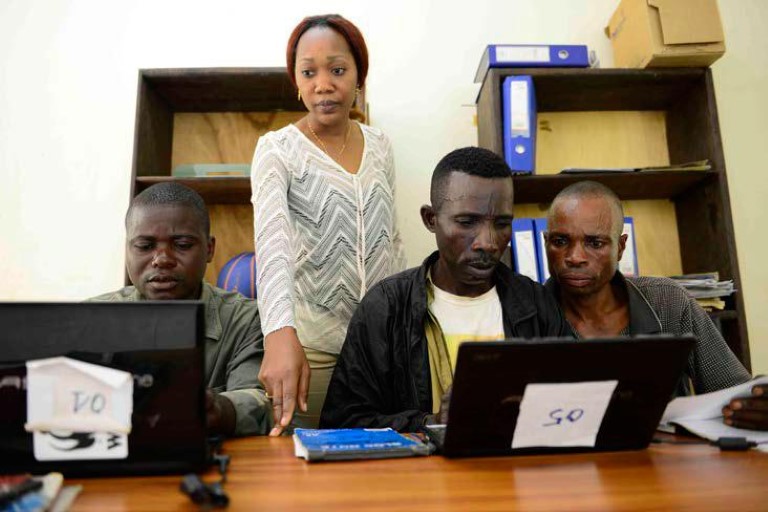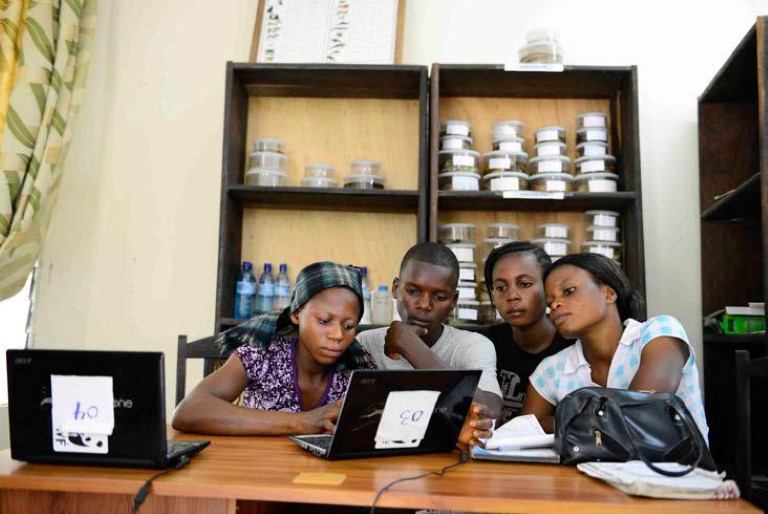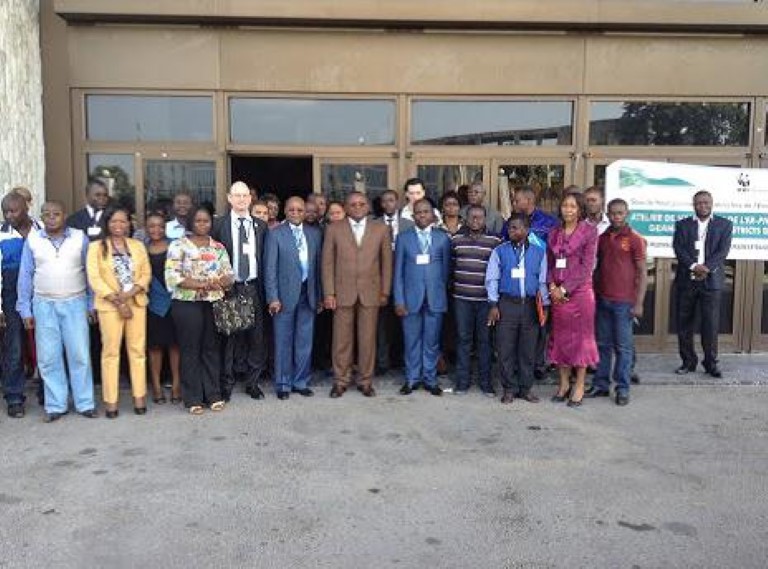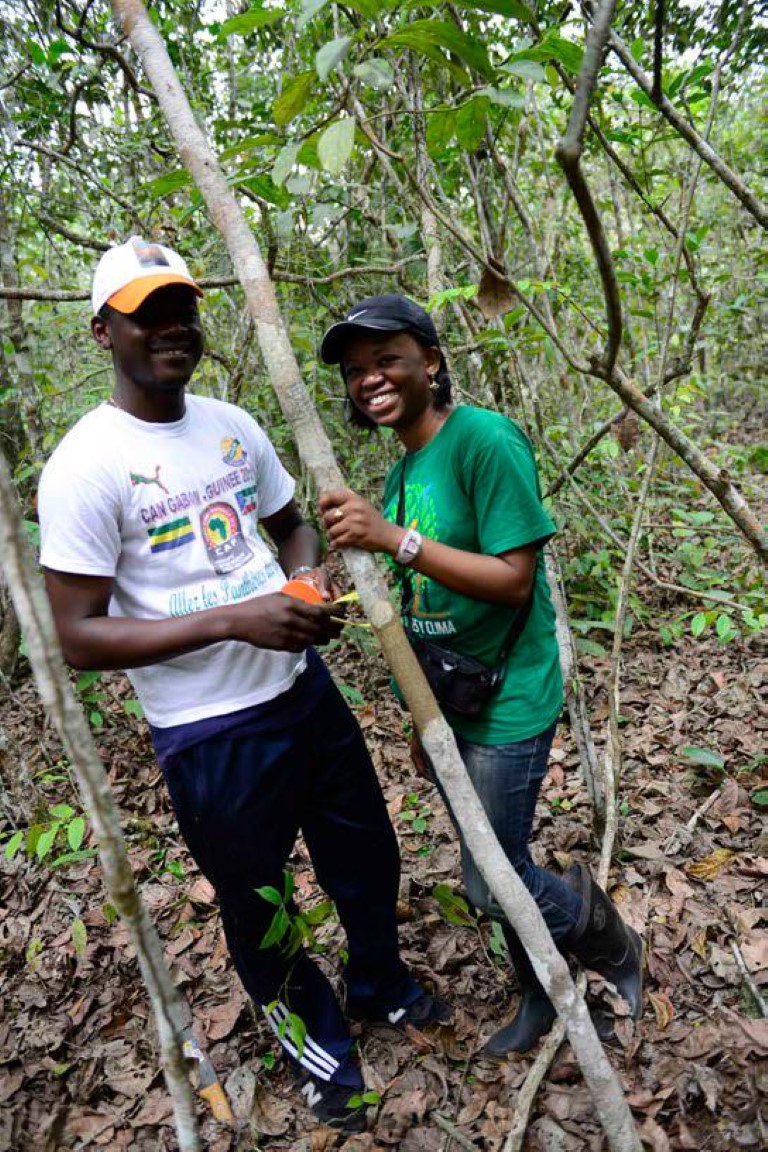US$60 million proposal for DR Congo’s largest-ever forest carbon emissions reduction project submitted to World Bank Carbon Fund

In a major step forward, the Democratic Republic of Congo (DRC) has submitted an Emissions Reductions Program Idea Note (ER-PIN) to the World Bank-managed Carbon Fund of the Forest Carbon Partnership Facility (FCPF), entering the short list of countries aiming to unlock US$60 million in emissions reductions payments. DRC’s project will be the first jurisdictional-scale REDD+ programme in Africa, covering 12.3 million hectares of land – including approximately 9.8 million hectares of forest and two and a half million hectares of mixed agricultural lands and savannah. Acceptance of the ERPIN into the Carbon Fund “pipeline” would be a key output of WWF’s Norad funded project work in DRC under the past and current REDD+ for People and Nature (RPAN) grants (2010 – 2013; 2013 – 2015).

In DRC, the project will focus on the proposed province of Mai-Ndombe, where WWF has been an initiating partner with the government of DRC of the ER-PIN. Mai-Ndombe is an important landscape as it is on the front line of deforestation from Kinshasa, and it includes the world’s largest Ramsar site as well as critical habitat of the endangered bonobo – a great ape that lives only in DRC.
DRC’s revised ER-PIN was prepared with the participation of WWF and more than 30 other organisations that contributed through stakeholder consultations, meetings, workshops and working groups and by commenting on drafts. Drafting was finalized by the government REDD+ agency CN-REDD, with support from WWF, Wildlife Works Carbon and the local NGO umbrella group, the “Groupe de Travail Climat REDD” (GTCR). As an implementer, but not a beneficiary of credits or payments, WWF will continue to provide technical support as requested by the government of DRC.

The revised DRC ER-PIN includes a coherent approach to drivers of deforestation, a new institutional model and more detailed principles for benefit sharing. A new estimation of carbon and adjustments is also included as well as a detailed budget that starts to consider how to manage payments to achieve the most effective mix of enabling and emission-reducing interventions across the landscape.

“As DRC’s Mai-Ndombe Emissions Reduction Programme will be the first jurisdictional REDD+ programme in Africa, it sets an important precedent for the implementation of global climate agreements in the continent and must apply the highest possible standards in programme design and implementation,” said WWF REDD+ Landscape Director Paul Chatterton.
WWF considers the World Bank-managed Carbon Fund of the Forest Carbon Partnership Facility an important player in making REDD+ a reality and values the role it plays in working with countries to progress through the phases of REDD+ readiness and implementation.
